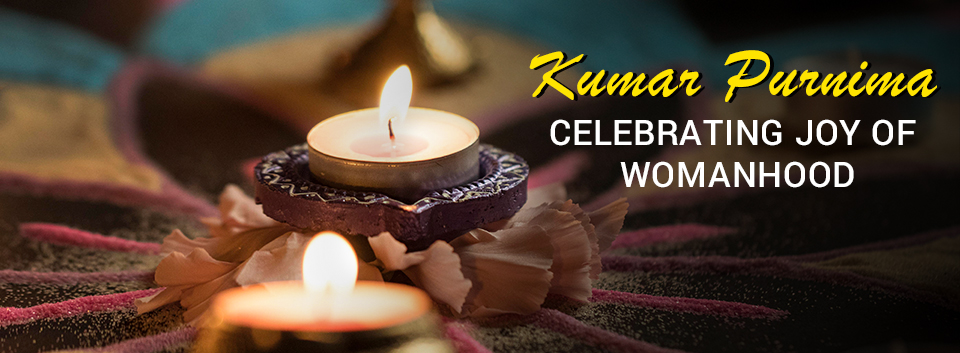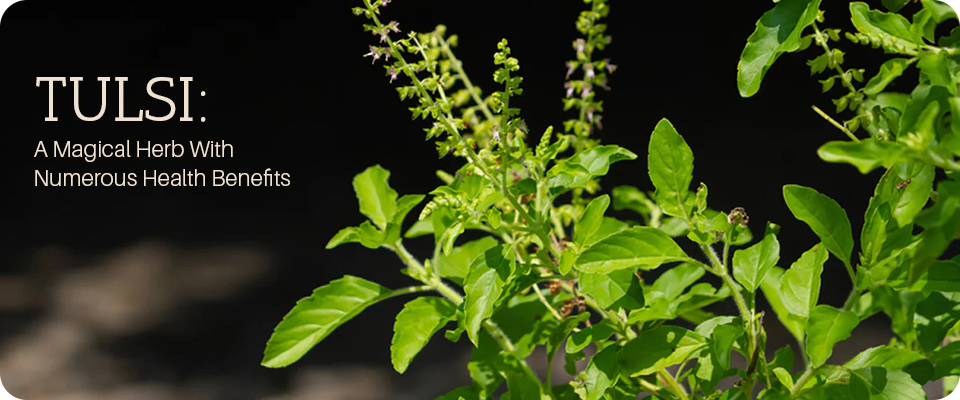![]() English
English
News
Kumar Purnima: Celebrating Joy of Womanhood in Odia
![]() 1297 Views
1297 Views
Published On: 01 May 2023 Updated On: 07 Nov 2023

Join the rituals of this beautiful festival celebrated by the young women of Odisha to pray for an attractive, young husband like the handsome son of Lord Shiva, Kumar Karthikeya. Odisha celebrates this festival with grandeur as it falls under one of the major 13 other festivals that are celebrated across Odisha. This festival is majorly dedicated to worshipping the almighty to get themselves a life partner like Lord Karthikeya.
What is Kumar Purnima and When is it celebrated?
Kumar Purnima is an ancient tradition that is been followed by the people of Odisha for a long time. Young women of Odisha perform various religious rituals in an attempt to seek a good life partner and a bright future.
Sharad Purnima which is generally known as Kumar Purnima is a festival that is celebrated around the day of the full moon in the month of October-November which in the Hindu calendar is referred to as Ashwini masa (month). This is an important tradition that is widely known around the state. It is believed that Lord Karthikeya, the son of Lord Shiva was born on that day and he is the most attractive one among all the devas.
While the young women pray for perfect life partners, the newly married ones seek the longevity of the family and a bright future for the family. Kumar Purnima coincides with the day of Gajalaxmi Puja (the day to praise the goddess of wealth) each year.
The Rituals Performed During Kumar Purnima
There are certain rituals performed during Kumar Purnima as a part of the tradition. Let us get to know about these rituals as well.
Morning ‘Anjula Teka’
The kumaris are recommended to wake up before sunrise and are asked to bathe and dress up to perform this ritual. Young women dress up in fresh clothes and offer a palmful of khai along with Janhi (striped gourd), cucumber, coconut, banana, and betel nut which is called ‘Anjuli’ to the Sun God. They even light diyas and perform puja and worship the almighty to find a suitable bridegroom.
Evening ‘Chanda Puja’
This ritual is the same as the morning ritual that is ‘Anjula Teka’ but the only addition is the ‘Chanda Chakata’ that is offered to the moon. They offer a painful of Khai, Ukhuda, Jiggery, sugarcane, banana, Chhena (cottage cheese), and talasaja as prasad to the moon. Old women of the villages used the moon as a metaphor for a young and handsome husband that girls wish and dream of.
Puchi Khela
Without this game the Kumar Purnima is incomplete. This game is the noticeable attraction of this festival. It is played while being seated in a squatting position and the weight of one leg is balanced and later on, shifted to the other leg. This competition is held under the moonlight in most of the villages. Even schools arrange this game as a form of sporting activity for girls.
The Chanda Chakata
This delicacy made up of various ingredients is offered to the moon in the shape of a half-moon. These delicacies are later offered to the neighbors as well.
Kumar Utsav
This is celebrated to commemorate the festival of Kumar Purnima all across Odisha. Dance performances, Odishi recitals, folklores, folk dances like dashavatara, and Sambalpuri Dalkhai, and tales related to the festival celebrated and commemorated in Odisha are depicted on the stage.
The Beginning of Kartika Month
Lord Krishna and Lord Jagannatha are worshipped throughout the month of Karthika which commences right after the Kumar Purnima till Rasa Purnima. A special kind of diet is prepared without the usage of turmeric called ‘Habisa Dalma’ which is consumed once each day before dusk till Rasa Purnima.
Conclusion
Festivals are the epitome of cultural heritage and upheld traditions. Festivals are considered to be that moment of life which is essential to get connected with our family members, and loved ones and seek knowledge on the significance and background of the festivals.
It serves as a break from the tedious, mundane life and understands the importance of togetherness in our lives. Festivals were started to pass down the legacy from one generation to another. These are the moments of life that bring us an immense sense of joy and strengthen our bonds with each other.





